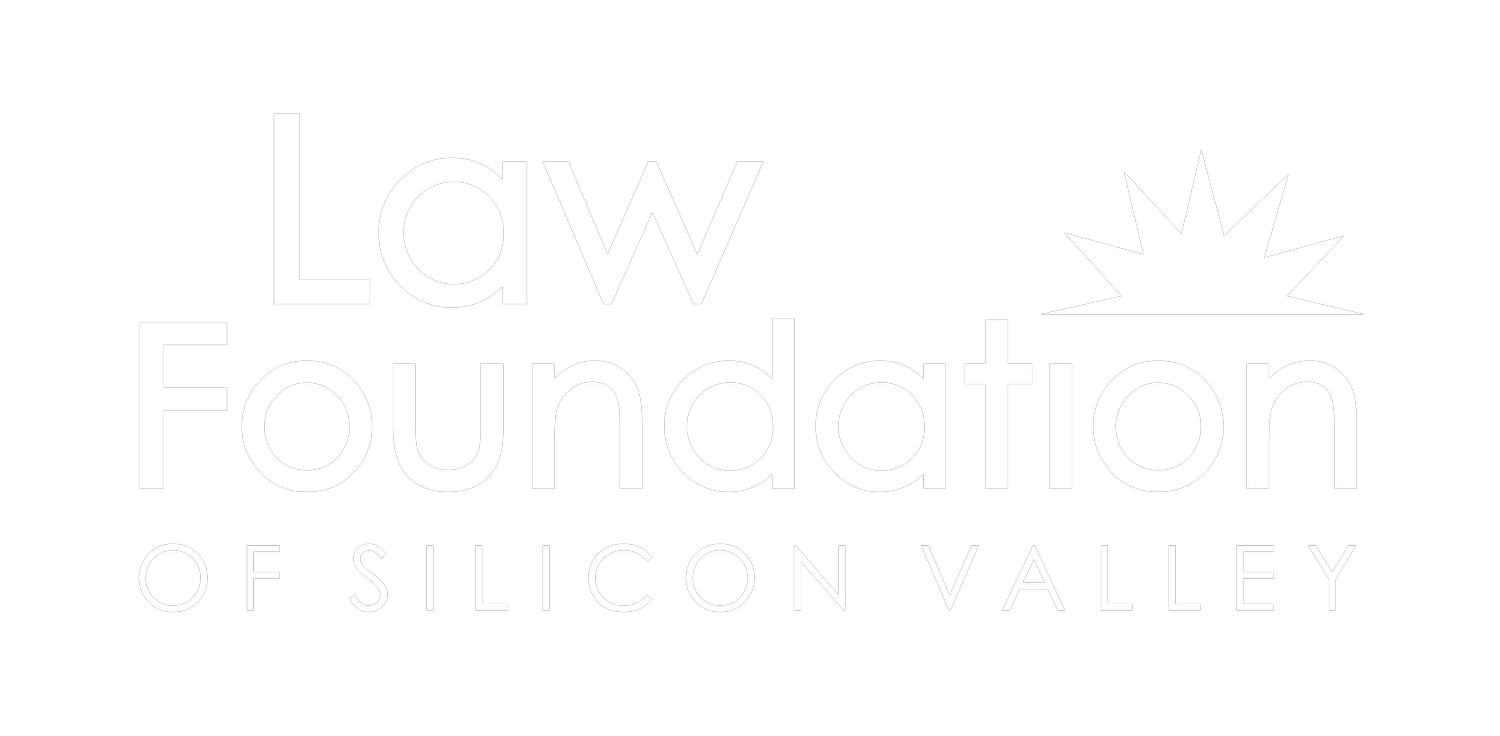Despite ongoing litigation challenging the legality of the new public charge regulation, implemented by the Department of Homeland Security, the new public charge regulation went into effect on February 24, 2020.
While the regulation only impacts a very small group of immigrants, it has had a devastating effect on immigrant communities nationwide. Many immigrants, most of whom are not subject to the regulation, have foregone access to crucial welfare benefits for themselves and their family members.
Immigrants have abstained from applying, or have terminated, their federally funded Supplemental Nutrition Assistance Plan, Cal Fresh, and Medicaid/Medi-Cal benefits, largely out of fear. This is especially alarming, given the current nationwide Covid-19 pandemic. Although the government has stated that all persons, regardless of immigration status, can seek testing, treatment, and prevention of COVID-19 without fearing immigration consequences due to public charge, many immigrants are still afraid of utilizing public health services.
As litigation continues, the Northern District of Illinois issued a decision on November 2, 2020 rejecting the new Public Charge regulation, finding that the regulation was illegal. That meant that, as of November 2, 2020, the United States Citizenship and Immigration Services (USCIS) could not apply the new regulation anywhere in the United States.
However, this victory was brief. On November 4, 2020, on appeal, the Seventh Circuit Court of Appeals stayed the decision of the Northern District of Illinois, while the litigation proceeded on its merits. This means that, once again, the Department of Homeland Security’s public charge rule can be implemented while litigation continues.
Because the status of the rule is in constant flux and because many immigrant communities are unaware of whether the rule impacts them, or to what extent it impacts them, we encourage any concerned persons to contact the Law Foundation to discuss any questions or concerns about the rule and its implications.

